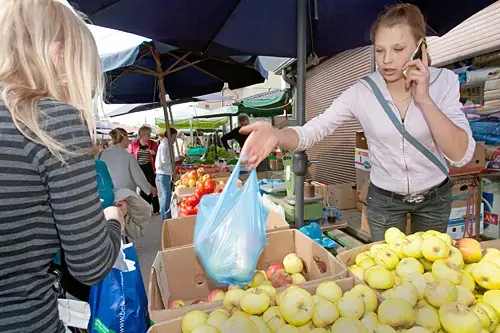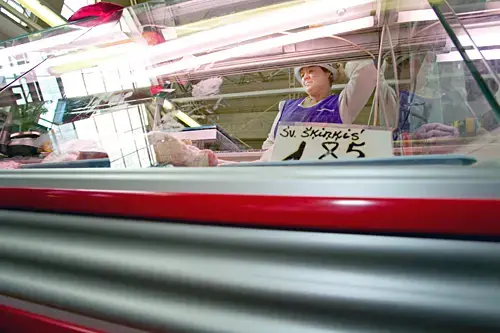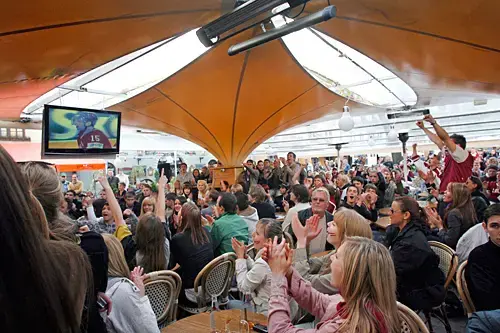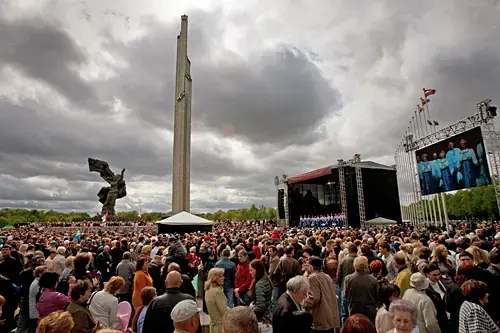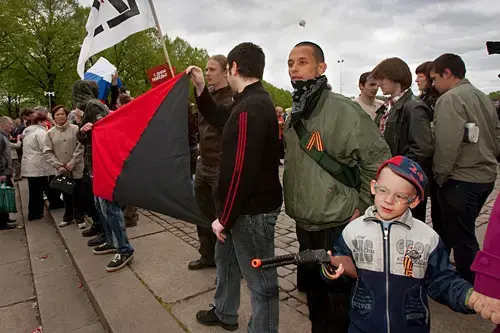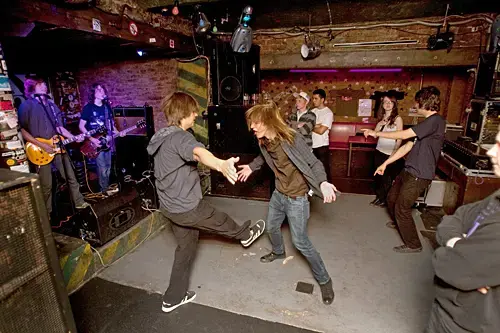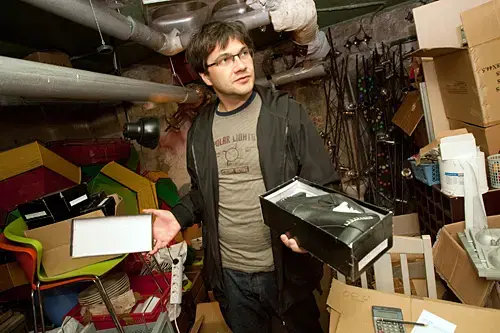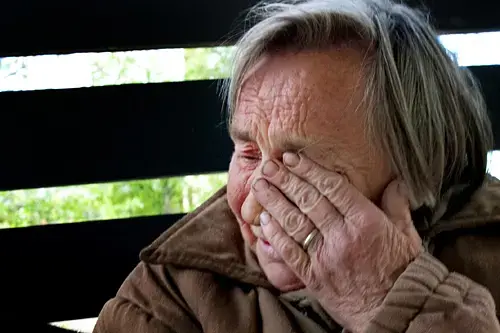Until recently, Latvia has not seen any anti-government protests and riots since the end of the Soviet Union in 1991. After entering the E.U. in 2004, Latvia posted Europe's highest growth figures, fueled by access to cheap credit and domestic consumption enabled by a spike in private debt.
This year, the Latvian economy took one of the sharpest downturns in the world. The government responded by making deep cuts to public spending, which most Latvians oppose. On January 16, over 10,000 Latvians took to the streets, participating in protests and violent riots that forced the resignation of the governing center-right coalition. As the new governing coalition continues the same agenda, working-class Latvians, farmers and students are expressing outrage through mass protests.
In the meantime, unemployment is close to 12 percent, hospitals and schools are closing and most private and public sector workers are experiencing deep pay cuts. Crime is on the rise, and many women can now name a female friend, who was recently robbed while walking on the streets. To them, some days feel just like 1991 -- the year when Communism collapsed.
Written by: Kristina Rizga / Photography by: Akim Aginsky






